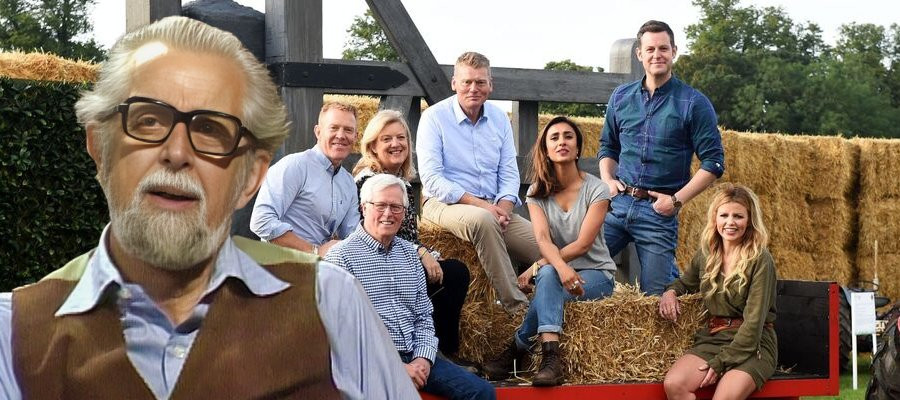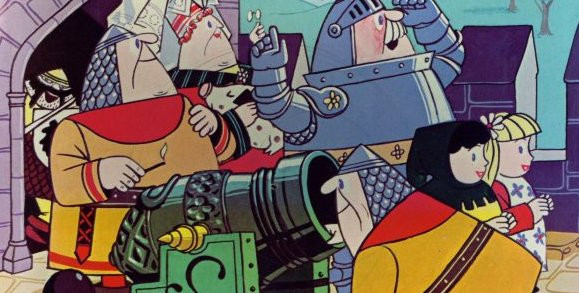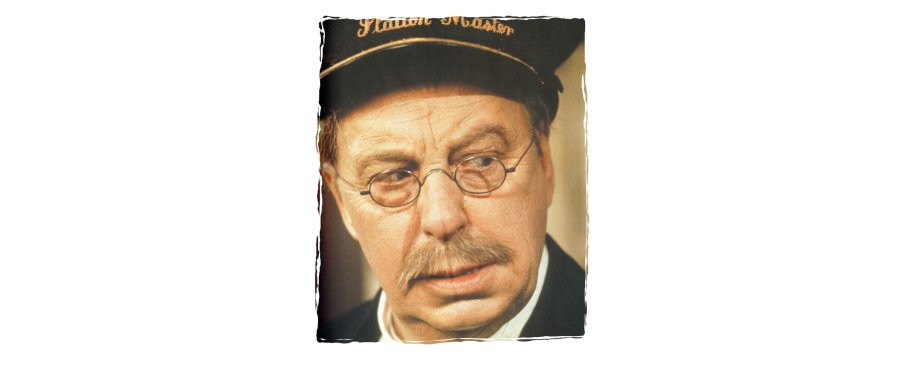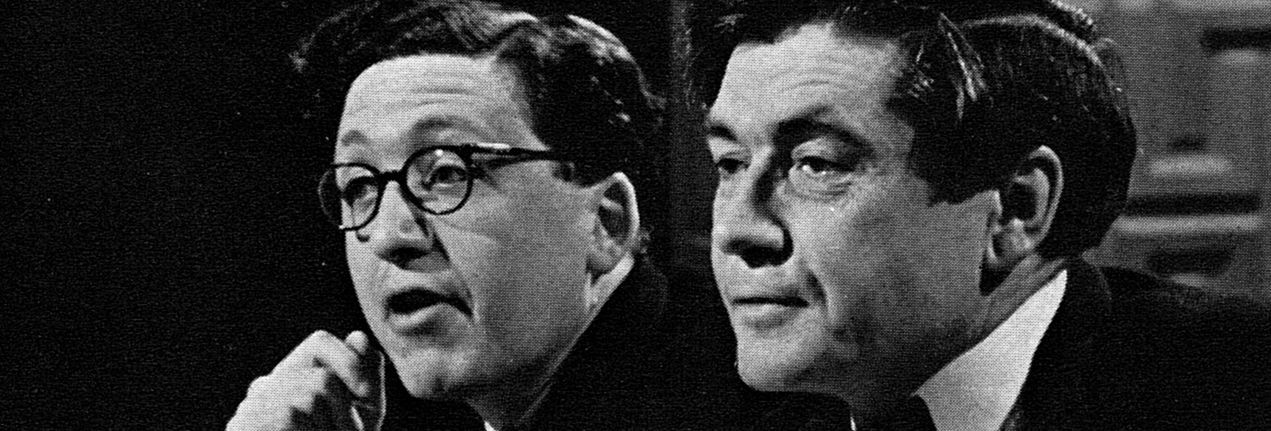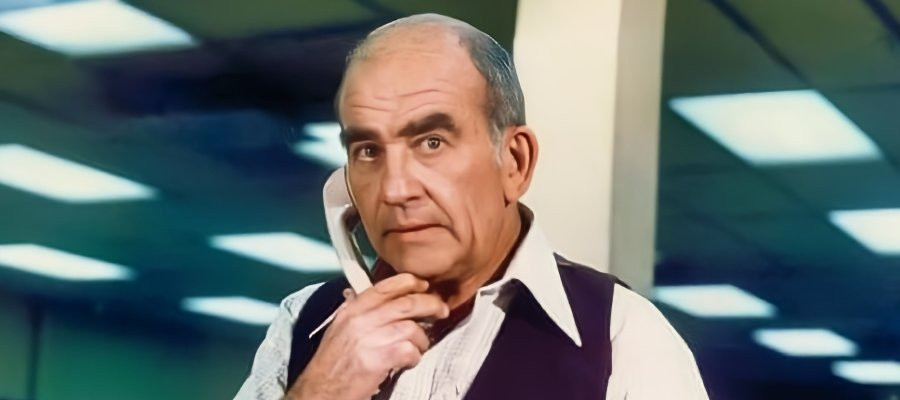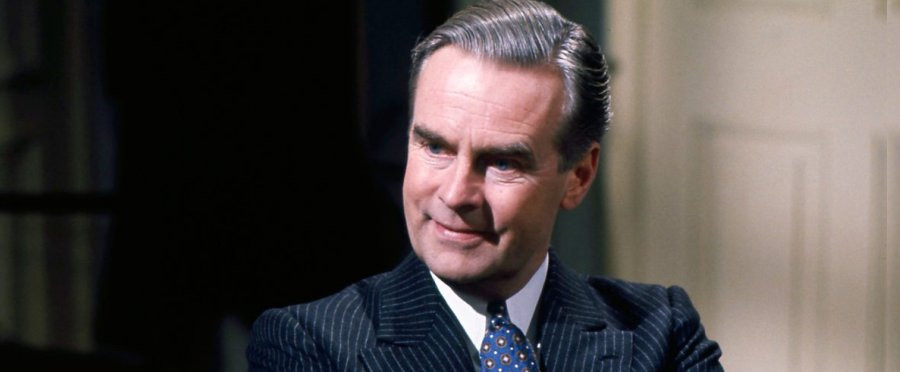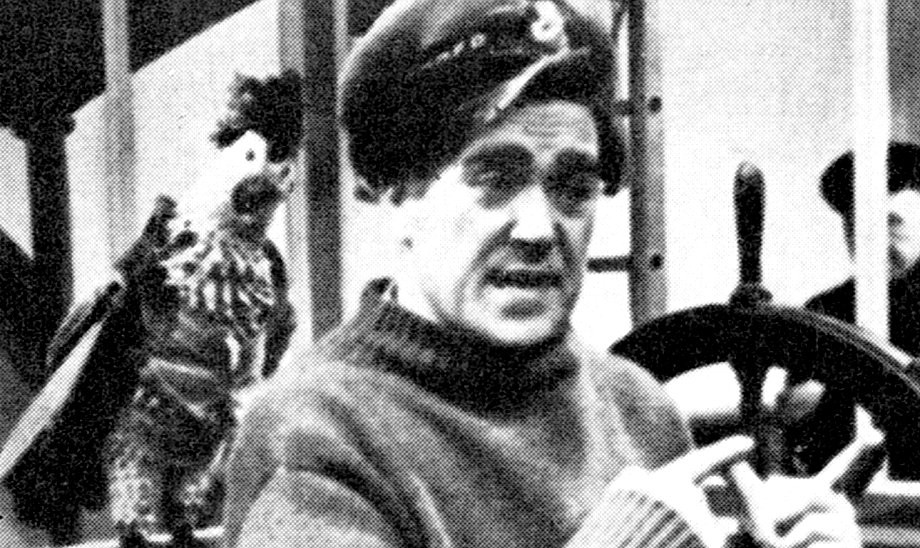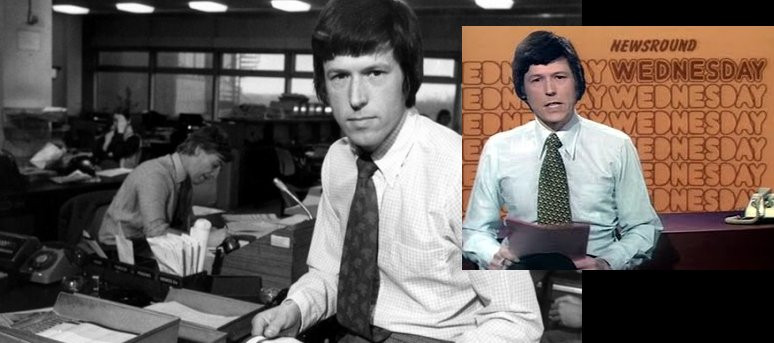
Newsround (aka John Craven's Newsround)
1972 - United KingdomJohn Craven's Newsround debuted on 4 April 1972 on BBC television. It's intention was to explain the background of current events from a child's point of view.
It was a complete departure from the 1950s Children's Newsreel which was presented more as a magazine of general interest that featured local events, cuddly animals and royal openings, and compiled in similar style to the later Blue Peter. Children's Newsreel run until 1961 after which there was no attempt to provide an alternative. In the 1950s the British press produced children's versions of popular newspapers such as the Daily Express's Junior Express, which was a mixture of news stories and comic strips. But this format didn't last and eventually the junior news publications ceased or were turned into comics. (Junior Express changed format a number of times before settling on TV Express and finally merging with TV Comic in the early 60s).
Initially, the idea of a live children's news programme was seen as nothing more than an experiment. The idea came from Edward Barnes who had worked on BBC TV's Newsnight and had also directed a number of Blue Peter featurettes. Barnes was convinced that children had a keener interest in news events than they were generally considered to have or given credit for. He took the idea to BBC Controller Paul Fox who was very enthusiastic about the idea. The experiment was green-lighted and a production team was put together. Jonathan Dimbleby was approached to present the show but he declined. John Craven had previously worked on BBC Bristol children's programme Search and had a journalistic background.
Craven presented the programme in a much more informal style than the standard BBC newscaster. He didn't wear a suit and his delivery was much lighter, seated in front of a desk rather than behind it. Newsround gradually began to establish itself with viewers and within the BBC. It didn't shy away from hard hitting stories and was the first to broadcast a number of serious reports such as the assassination attempt on Pope John Paul II in Vatican City in 1981 and the Challenger shuttle disaster in 1986. It also championed a number of good causes like the 'Just Say No' campaign against drugs, aimed specifically at school children, and reported on the emergence of green issues, which at the time were not being reported as prominently by the main News programme. A number of programmes developed from Newsround, including Newsround Extra, a series of documentaries filmed around the world on a variety of subjects. Specials like The Wrong Trainers: a series of six animated films dealing with child poverty, won the 2006 Royal Television Society award for best children's programme and the 2007 BAFTA children's award for best factual programme, and the series looked at knife crime from a child's point of view, children's experience with domestic violence and a documentary on Internet safety featuring case studies from real children, narrated by David Tennant, was nominated for a BAFTA in October 2010.
Craven remained with John Craven's Newsround until 1989 and edited the show for his last three years. Originally, stand-in presenters, such as Richard Whitmore, came from the main BBC News bulletins and Huw Edwards presented the programme in 2005. A team of rotating presenters went on to host the show including Juliet Morris, Krishnan Guru-Murthy, Julie Etchingham, Chris Rogers, Kate Sanderson, Matthew Price and Becky Jago. Shortly before Craven's departure, the show was renamed Newsround, but he was so closely associated with the programme that even after he left many referred to it by its original title. In February 2002, Newsround expanded from a sole ten-minute programme on weeknights to through-the-day bulletins seven days a week to tie-in with the launch of the CBBC Channel. There is also a dedicated BBC based Newround website at www.bbc.co.uk/newsround
Seen this show? How do you rate it?
Seen this show? How do you rate it?
Published on January 11th, 2019. Written by Marc Saul for Television Heaven.



